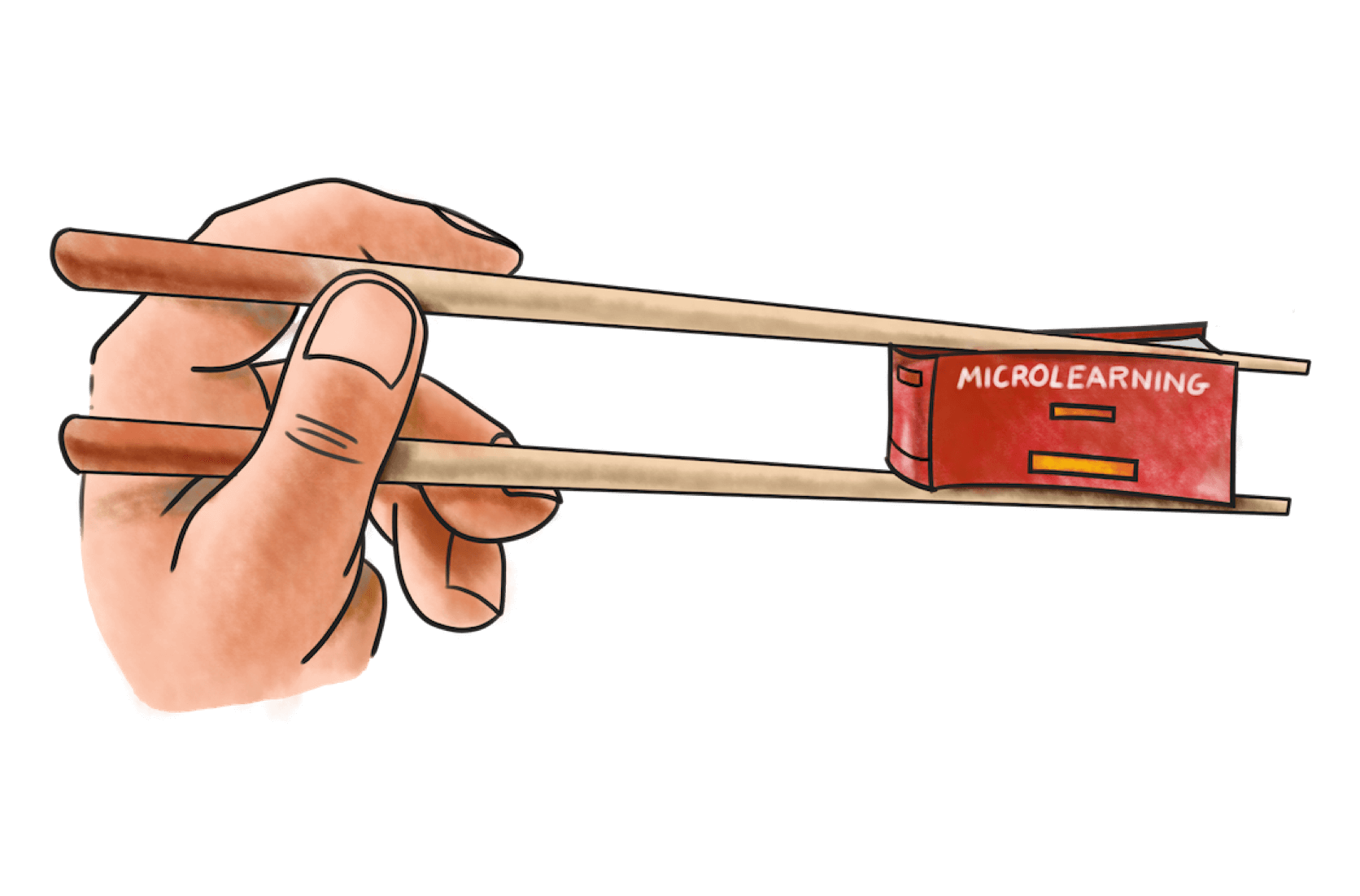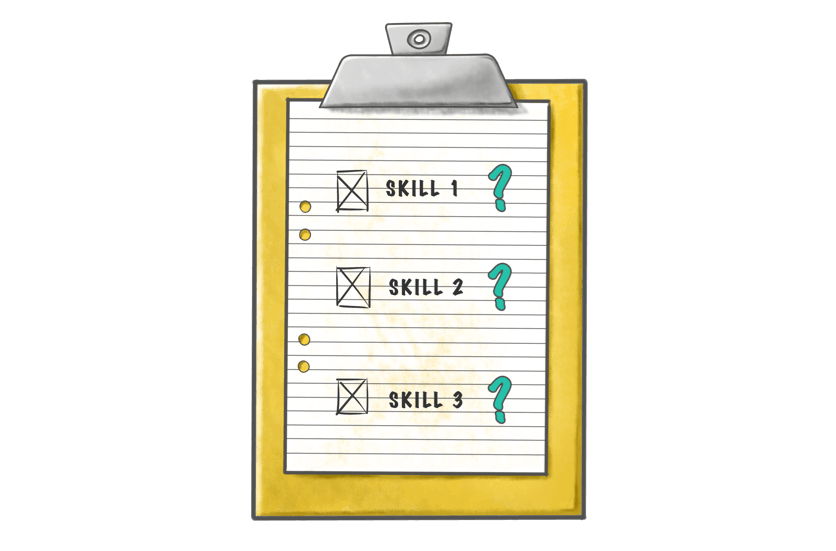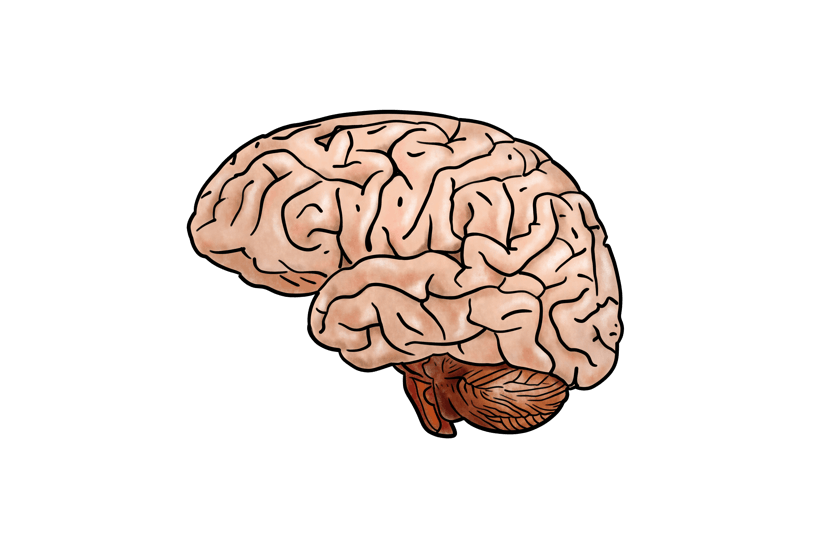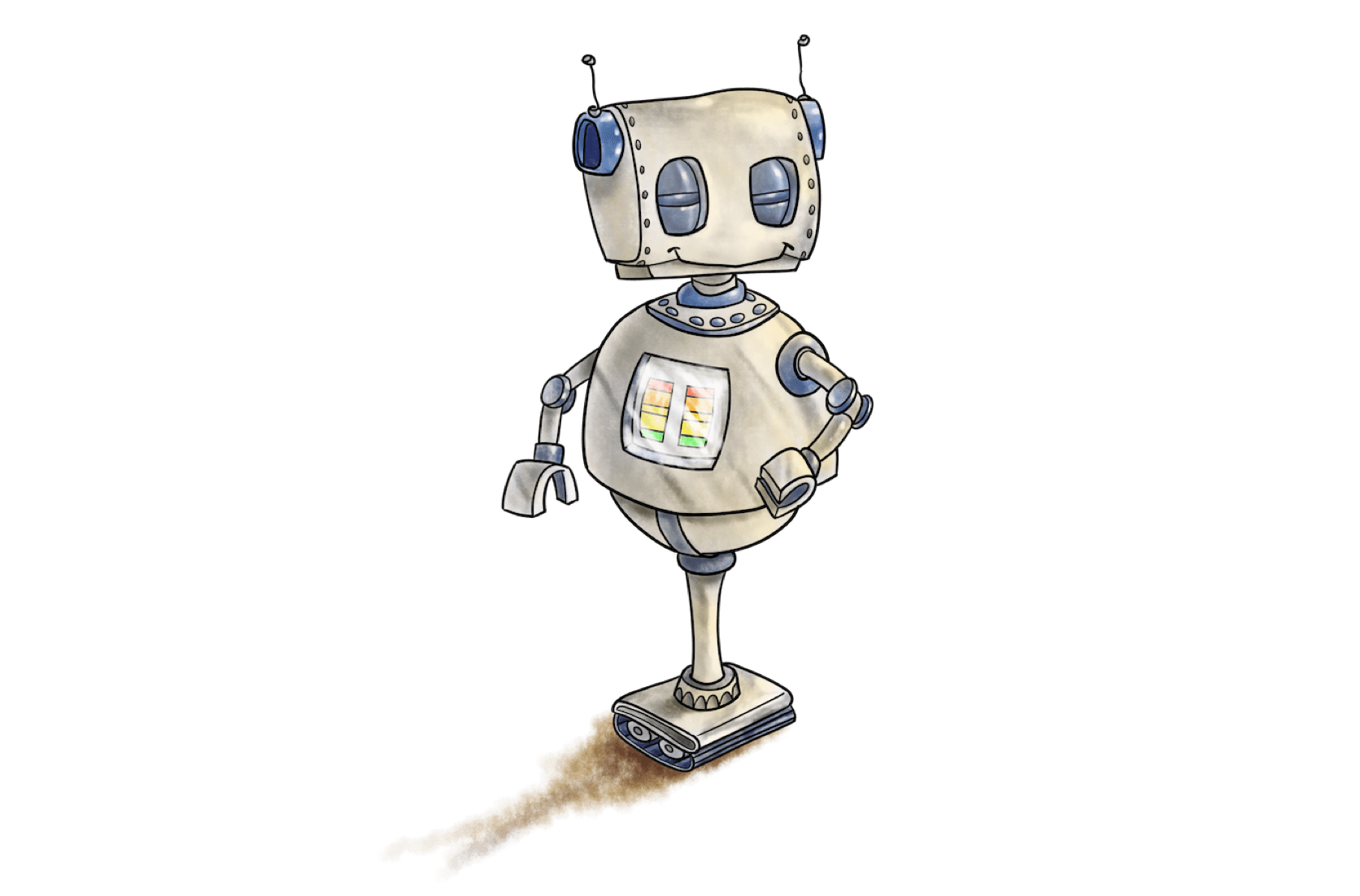
Or, why one-and-done learning doesn't work
Imagine that you want to teach a kid to brush his teeth.
Why are you teaching him?
Well, because you want him to be happy and healthy for his life…and you don't want to have to pay for a bunch of expensive dental work.
So what are you hoping he'll DO?
That he'll become a life-long, daily teeth brusher. (Flossing would be great too, but come on, let's be realistic.)
Okay. So if he's going to brush his teeth for the next 80+ years he has to know two things:
- why brushing is important
- how to actually do the brushing.
Easy.
So all you have to do is tell him about how his teeth will fall right out of his head if they're not taken care of, show him some freaky photos of Mountain-Dew mouth, and then set him up at the sink and show him how it's done: pea-sized dab of toothpaste, circles on all surfaces for two minutes, spit (don't swallow) and rinse. No worries.
And then tomorrow he should be ready to go, right?
Yeahhhh… So…maybe you haven't raised kids? But hey, you were one! Is that how learning to brush teeth worked for you? No, me neither. How many times did your parents have to tell you about how your teeth would rot right out of your head if you kept eating all those lollies and don't brush? How many nights did they have to make you stand in front of the mirror for more than 10 seconds, tapping their toe with folded arms while you brushed?
The answer for most kids and parents is – HUNDREDS OF TIMES! Maybe a thousand. And are we all good, diligent teeth brushing adults? Ahm, of course we are. But we wouldn't be if not for the constant reminding, reinforcement and coaching from our parents. And, of course, practice practice practice.
The idea that we could teach a kid once about teeth brushing and then expect that he'd do it forever is absolutely ridiculous. But this idea is seemingly the presumption behind most workplace training.
We take people out their work environment, feed them some lovely snacks (read: Mentos), show them a beautiful presentation, give them an inspiring and "informative" talk and then send them back to work and expect them to behave differently. But the plain truth is that just, straight up, doesn't work. At least, not entirely.
Don't get me wrong – I love a good training session. I've attended some of the best, and delivered a few pearler sessions myself. It's great; you put a bunch of time and effort designing a great experience. And then your learners walk out bright-eyed and inspired, handing out high-fives and genuine pledges to apply what they learned.
But that's not nearly enough, because we all know what happens: routine sets in, managers get panicky, the noise of the day-to-day invades their heads and nothing changes.
The problem lies in that so many organisations think the "training session" IS the training. When in fact it can only be, at its very best, the kick-off, the orientation, the opening prelude – to a long dedication of advocacy, championing, reinforcement, practice, checking-in and individual tailoring until a genuine habit of behaviour is instilled.
The hard truth is that in every facet of life, from child rearing to corporate success, genuine behaviour change costs much more time and continuous effort than we'd hope.
The good news is that we have not yet begun to truly innovate this space. Only in the last decade+ has real understanding of human learning and motivation been applied to workplace learning. There's so much that science and technology can unlock for both businesses and learners. It's an incredibly exciting time be working in the workplace learning and development field.
And that's why we bound through the door every morning, driven to build practical tools and strategies to help companies achieve behaviour driven change that improves business outcomes while honouring the very human needs of their people.
It's not a white unicorn. We can have it all. But first we need to dispense with old habits, and start practicing brushing our teeth. Every. Single. Day.
To learn about the big impact little bites of learning can have, download our microlearning white-paper.














































































































